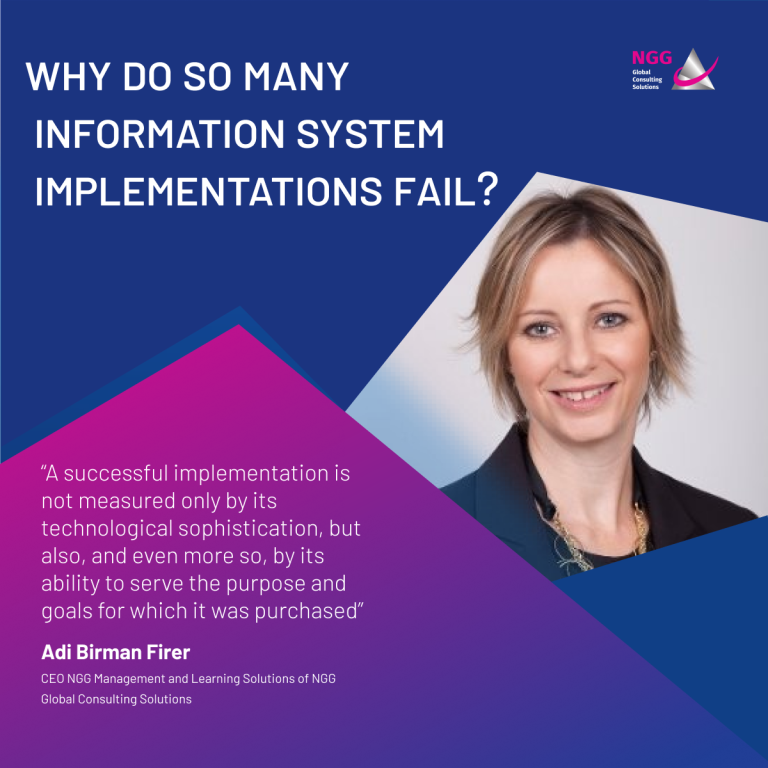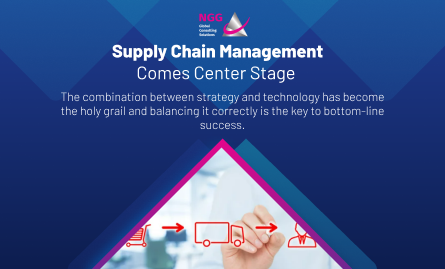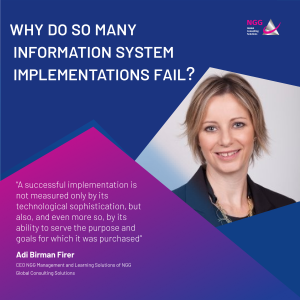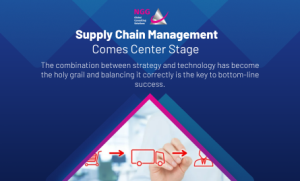More and more studies show how emotional factors such as caring, affection, compassion and empathy affect business performance. Emotional expression has become part and parcel of management discourse in recent years. And what does all of this have to do with businessman and industry leader Dov Lautman?
By Nili Goldfein & Smadar Tadmor
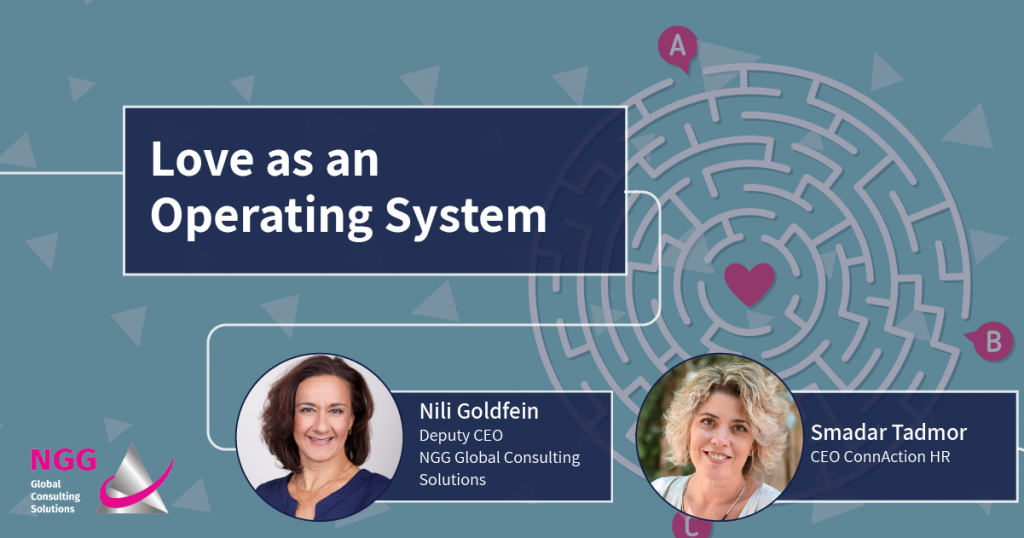
Add Your Heading Text HereTo this day, two classic texts continue to inspire countless leaders and weary undergrads alike:
The Art of War, written by Chinese general Sun Tzu around the 5th century BC, and The Prince, published by Niccolò Machiavelli in 16th century Italy. Sun Tzu’s book is considered the most ancient work of military strategy and tactics. Machiavelli’s brilliantly sardonic treatise became a must-read for politicians and managers alike. What they have in common is the assumption that cunning schemes and tactics are the only ways to victory.
Studies have repeatedly shown that people are primarily driven by emotion, rather than logic. Research on the ways in which people’s minds are changed has yielded a wealth of data about the decision-making process.
The language used in the corporate context tends to be combative and aggressive, with the frequent use of phrases such as “conquer the market,” “take no prisoners” and “make a killing.” Moreover, the daily business of survival and competition, which puts a premium on analytic skills, seems to leave little room for empathy and compassion.
Despite the prevalence of this approach in many professional circles, we all share a desire for warmth, belonging and love throughout our lives – at home, in our communities and not least of which in our work environment. Tolstoy wrote that one can live magnificently if one knows how to work and how to love. Likewise, Freud noted that “love and work…work and love, that’s all there is.” We would add that only the combination of both will win the day.
Many managers shudder at the thought of emotional expression. For centuries, we have set hard and fast boundaries between home, where “soft” emotions are legitimate and welcome, and work, which is characterized by aggressiveness and critical thinking. However, today’s complex reality calls these entrenched ideas into question. Love and work are intertwined. Indeed, words like “love,” “connection” or “passion,” which previously seemed irrelevant in the organizational context, have become integral to the dialogue with both clients and employees.
Managing By Love
This month marks seven years since the death of Dov Lautman z”l, founder of Delta Galil Industries and a great business leader who operated out of humanity and love. Delta was established in 1975 in Karmiel and its aim was to provide both livelihoods and community for all residents of the Galilee region – a safe haven for coexistence, mutual respect and entrepreneurship.
Lautman firmly believed in an on-the-ground and personal approach to management. He called it MBW – Management by Walking. As early as twenty years ago, he figured that as technology becomes more and more essential to organizations, the importance of personal connection between managers and employees grows as well. For Dov Lautman, warmth, sincere concern and support are crucial to both organizational and business success. “A true leader,” he would say, “sees their employees, communicates with them directly and builds authentic relationships based on compassion and care.” As Delta Galil grew over the years from a local business into a vast, global company, he further developed his approach and renamed it MBL – Management by Love. As he would say – “love is the key to success.”
In the early 2000s, the word “love” was still highly taboo in a business context. But Lautman took pride in his views and ensured that they would guide Delta’s approach to management training as well. Consequently, many generations of managers flourished against the backdrop of this approach, solidifying Delta’s unique character as an organization with a soul.
Empathy in a Time of Disruption
Over the past few years, there has been a slow, but steady, shift, as emotional expression has become part and parcel of management discourse. According to a study by Prof. Sigal Barsade from the Wharton School of the University of Pennsylvania, an organizational culture that encourages expressions of kindness and compassion among employees can improve negative relationships at work and increase both connectivity and productivity.
Dov Lautman was a pioneer and many other leaders later came to fully grasp the immense potential of love and compassion in the workplace, subsequently incorporating them as core values of their organizations. For instance, the American supermarket chain Whole Foods Market bases its leadership principles on love, passion, innovation, transparency, trust, self-sufficiency, community, belonging, flexibility, open dialogue and cooperative management. Whole Foods’s CEO and co-founder, John Mackey, even dedicated a chapter of his book Conscious Capitalism to the ways in which love can bolster an organization’s performance. Similarly, Southwest Airlines centers love and mutual aid in its organizational philosophy, to the point that it is traded on the New York Stock Exchange as LUV. Costco Wholesale is held in high regard both as an employer and as a company with great customer loyalty. They take pride in their organizational culture, which is dubbed Connection Culture and is based on three core values: shared identity, empathy and attentiveness to employees. This approach also bears the mark of the company’s founder, Jim Sinegal.
More and more studies in the field demonstrate the ways in which business performance is affected by one central factor: compassion. Concern for employees, clients and vendors alike significantly boosts a company’s ability to execute plans and achieve results. Love in business is an attitude, a philosophy and a purpose, which can find wide-ranging expressions, both in speech and in action. There is no checklist of skills or behaviors that constitute authentic compassion for others. The rules are neither set in stone nor heaven-sent. In fact, many terrific managers lead from a place of love without ever saying so explicitly.
Even so, we all know that love is not as simple as candlelight and roses. Love cannot entirely replace the day-to-day work of functionally managing an organization and its people. It can, however, complement it. Lautman would often say that the other side of love is courage; courage to have the hard conversations, to deal with conflicts, to be honest and direct without being cruel. When courage and love collide genuine leadership shines through.
Over the past year, in the shadow of the COVID-19 pandemic, physical distancing and work-from-home have only clarified the need for emotion in the workplace. As our world becomes more disrupted than ever, we turn to clear-eyed leadership and to the leaders who can balance results and a sense of belonging, closeness and yes, even love.
Management that is based on love, Dov Lautman’s legacy, means meeting others where they are, seeing their humanity, believing in them, respecting them, thinking positively, optimistically, enthusiastically and above all – compassionately.
Nili Goldfein is the co-founder and EVP of Business Development at NGG Global Consulting and an expert on leadership and management in a world of disruption.
Smadar Tadmor is the CEO of ConnAction HR and previously the VP of Human Resources at Delta Galil Industries.
“Power is of two kinds. One is obtained by the fear of punishment and the other by acts of love. Power based on love is a thousand times more effective and permanent than the one derived from fear of punishment.” – Mahatma Gandhi

